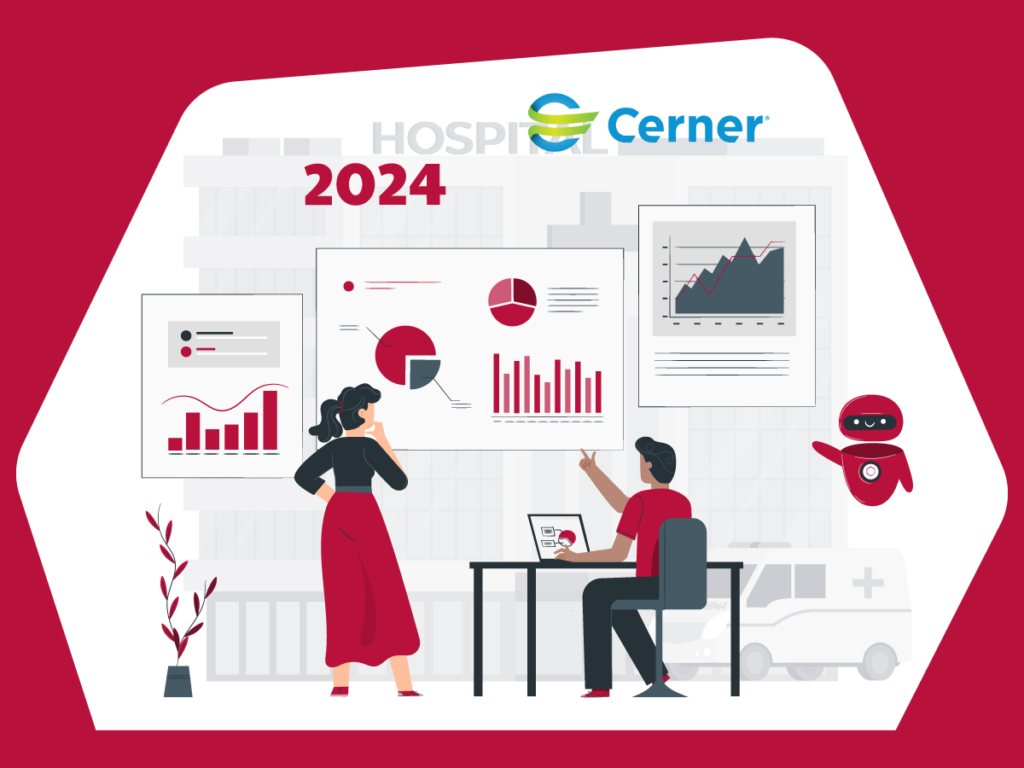
2024 Year in Review: Cerner EHR System and the Emergence of Itirra
As 2024 comes to a close, the healthcare industry reflects on the year’s advancements in digital health, particularly in the realm of Electronic Health Records (EHR). Cerner, one of the largest and most widely used EHR platforms, has continued to evolve, offering new tools and updates aimed at streamlining patient data management and improving healthcare outcomes. Over the course of 2024, Cerner’s system has seen significant improvements in its data integration capabilities, patient engagement features, and artificial intelligence (AI) integration. These developments have been pivotal in helping healthcare organizations adapt to an increasingly complex regulatory environment and meet the rising demands of patients and clinicians alike.
Cerner’s ongoing commitment to interoperability has remained a central theme in 2024, as the company works to break down silos between different healthcare systems. With the introduction of its new data-sharing protocols and APIs, Cerner has made it easier for healthcare providers to access and share patient data across various platforms and organizations. This shift has been crucial in improving care coordination, reducing duplication of services, and ensuring that patients receive more personalized, timely care. As regulatory pressures like the 21st Century Cures Act continue to push for improved data exchange, Cerner’s investments in these technologies have positioned it as a leader in the race for comprehensive EHR interoperability.
Another notable trend in Cerner’s 2024 developments is its continued integration of AI and machine learning into clinical workflows. With tools like the Cerner AI Assistant and advanced predictive analytics, clinicians can now access real-time decision support that improves diagnosis accuracy, treatment plans, and patient outcomes. AI-driven tools have been particularly beneficial in identifying at-risk patients, optimizing resource utilization, and enhancing preventative care initiatives. However, while these tools hold tremendous potential, the challenge remains in ensuring that they are used ethically and equitably across different populations, a topic that Cerner has actively engaged with in its latest releases.
While Cerner’s EHR system has made substantial strides, the process of managing the vast amount of Protected Health Information (PHI) it generates remains a critical challenge for many healthcare organizations. As healthcare data volumes grow exponentially, the need for optimized workflows, secure data handling, and seamless integration becomes more pressing. This is where companies like Itirra, a Washington state-based health tech lab, come into the spotlight. With over a decade of experience in helping physician advisors, revenue cycle management companies, and any organization working with Cerner, Itirra has positioned itself as a key player in the healthcare technology ecosystem.
Itirra specializes in developing bespoke, proprietary technological solutions designed to optimize data flows and ensure efficient use of PHI. By tailoring solutions to the unique needs of its clients, Itirra helps organizations manage and utilize Cerner-generated data more effectively. Whether it’s improving data extraction processes, ensuring compliance with evolving regulations, or streamlining data integration across different platforms, Itirra’s team of experts works closely with healthcare organizations to enhance their operational efficiency. This level of customization and support is especially valuable for organizations looking to maximize the potential of their Cerner systems without becoming overwhelmed by the complexities of data management.
Contact Itirra today to learn more!

